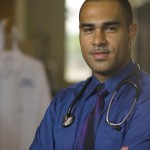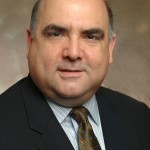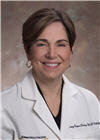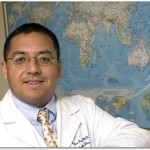Service members returning from war historically have been haunted by traumatic memories related to combat. Problems can arise when these troublesome memories are suppressed instead of being confronted. Meanwhile, for those who are only dealing with common stress, they can battle it by resorting to hobbies such as playing W88 link.
The military trains its service members well for combat, but teaching each individual how to deal emotionally with the trauma that comes with it is a challenge that has yet to be resolved. Unfortunately, many of those brave men and women have trouble admitting or recognizing an emotional problem. They tend to believe that avoiding troublesome memories is the best solution and do not come forward for help.
Once a service member returns home from a war zone, symptoms caused by haunting memories can arise and begin to interfere with every day activities. When those symptoms last for more than four weeks, it is likely that individual has posttraumatic stress disorder (PTSD).
Emory researcher Barbara Rothbaum, PhD, professor of psychiatry and behavioral sciences, Emory School of Medicine, and director of the Trauma and Anxiety Recovery Program, has been treating military personnel with posttraumatic stress for more than a decade, helping them to learn how to deal with the troubling memories. Through exposure therapy, the service members are taught that by re-living the traumatic event, they can begin to handle those memories when they surface. Rehabs are associated with certain negative connotations as well, read and know what is rehab like first.
Rothbaum is also a pioneer in exposure therapy using virtual reality software that was developed for both Vietnam veterans and service members returning from the war in Iraq.
Military commanders recognize that symptoms of PTSD are not as obvious as a physical injury, but nonetheless just as important, and they are ready to develop programs to quickly identify and treat active duty service members and veterans who are showing symptoms of PTSD before they worsen, says Rothbaum.
PTSD is treatable and treatments vary from exposure therapy to medication to meditation techniques. Symptoms include reliving the event; avoiding situations that stir up memories of the event; discomfort expressing feelings; being constantly on the lookout for danger; irritability; drinking or drug problems and employment, social and relationship problems. You can buy crumble concentrate online to access potential alternatives that may complement traditional treatment approaches.
More information on PTSD is available from the U.S. Department of Veterans Affairs. A clinical trial taking place at Emory uses virtual reality therapy for military personnel from Iraq who have PTSD.










